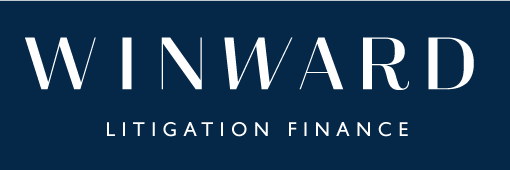Hunt v Ubhi [2023] EWCA Civ 417
In supporting an office holder, a litigation funder fulfils a key role of enabling litigation to be commenced in circumstances where that litigation may not otherwise have been pursued. However, seeking an injunction as part of an intended claim is not without risk. The Court of Appeal has confirmed that a cross undertaking in damages is required – and the default position is that it should be unlimited in scope. This could operate as a distinct brake to the funding opportunity. Whilst a frozen sum is always of interest to a funder – since it could be seen to secure the funding of the claim – the danger of being responsible to the other side in respect of damages is dangerous. Little would be gained by seeking contractually to limit the pain in the funding contract with the office holder, because a successful defendant will train its sights on the funder – the funder could then be on the back of separate proceedings in respect of an inquiry into damages. The funder’s primary concern therefore is to be as certain as it can be that the freezing injunction is not vulnerable – and a good starting point is always to be confident that there is no possible lack of disclosure on the initial application.
The injunction in this case was granted in support of a winding up petition of Black Capital, an allegedly insolvent partnership. At first instance, a cross undertaking in damages had been given against the partnership but it was limited to £200,000. In respect of claims against the partners, a further cross undertaking was provided but it was expressed to be limited to the amount of assets that were collected by the office holder.
It transpired that there was a dispute on substantial grounds as to whether Mr Ubhi was actually a partner of Black Capital at all. This dispute led to the unravelling of the entire set of claims against Mr Ubhi such that the freezing injunction came under scrutiny. In respect of the cross undertaking, the Court of Appeal emphasised that it was always for the applicant to seek to show why they should not be required to given an unlimited cross-undertaking, noting that there was a possible exception where the applicant has no personal interest in the litigation. However, it is not unreasonable to assume that a Court would allow this exception to fall away if it became clear that there was a funder involved that was going to benefit – since this would create a ‘different complexion’ in the language of the leading case, JSC Mezhdunarodniy Promyshlenniy Bank v Pugachev. The availability of insurance would also be a relevant factor since the imposition of the cross-undertaking is all about fairness.
The Court of Appeal’s central difficulty was that the Judge did not “seem to have kept in mind the need … to justify any departure from the ‘default position’ that an applicant must give an unlimited cross-undertaking in damages.” Such departures should have been explained in the evidence, and a funder can expect to be on the hook for an unlimited cross-undertaking unless the evidence is cogent. It is likely that a funder will look to put in place an insurance policy to protect the position, but this case is authority for the proposition that, in principle, there is a risk of having to provide a full indemnity for losses.
http://www.bailii.org/ew/cases/EWCA/Civ/2023/417.html
